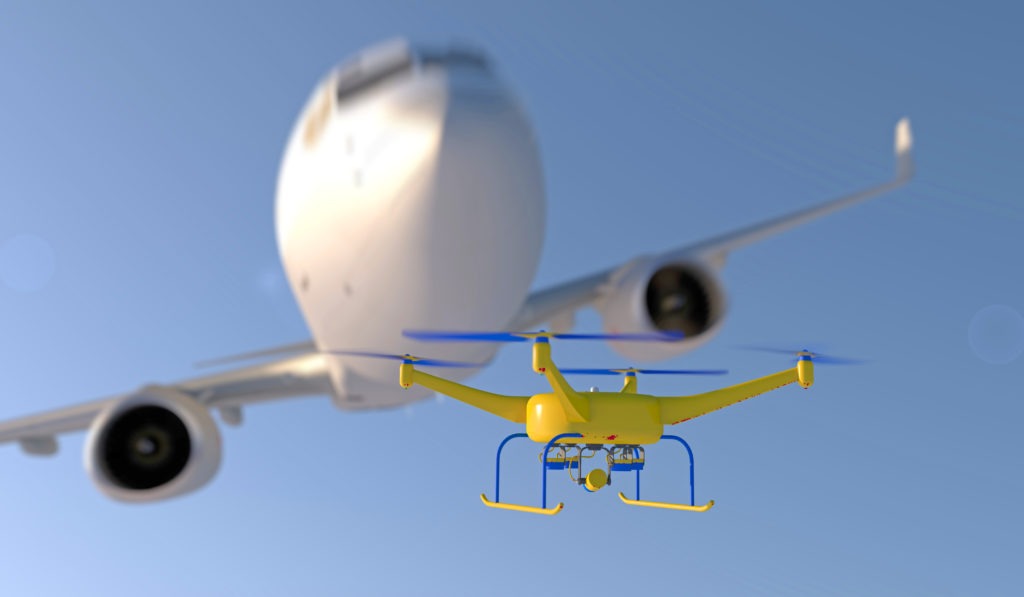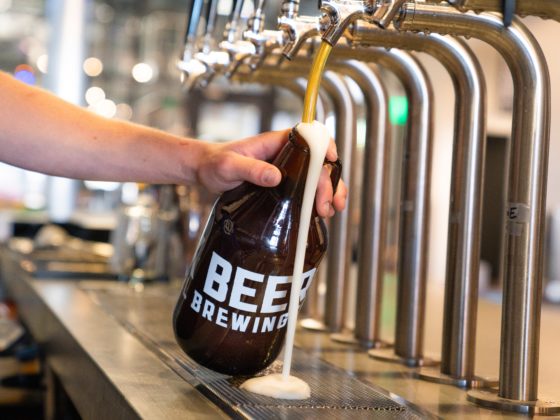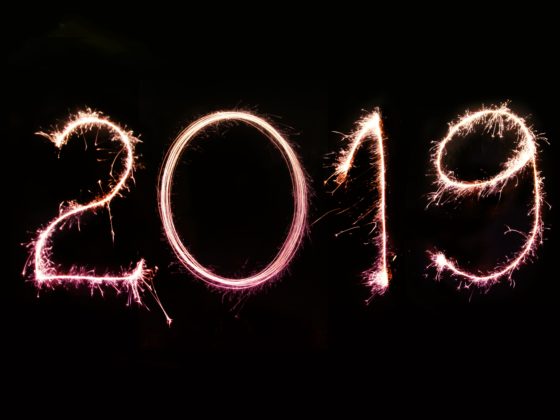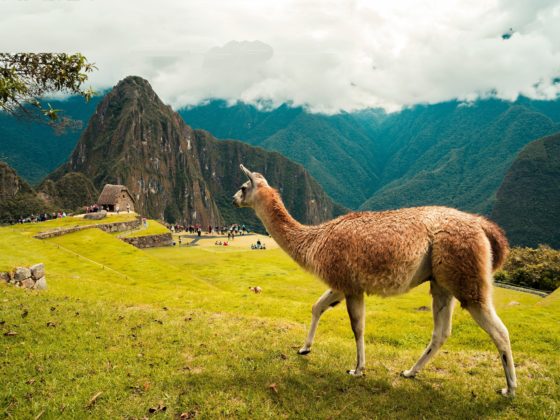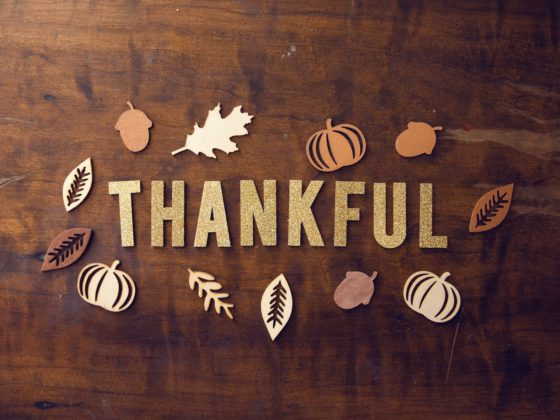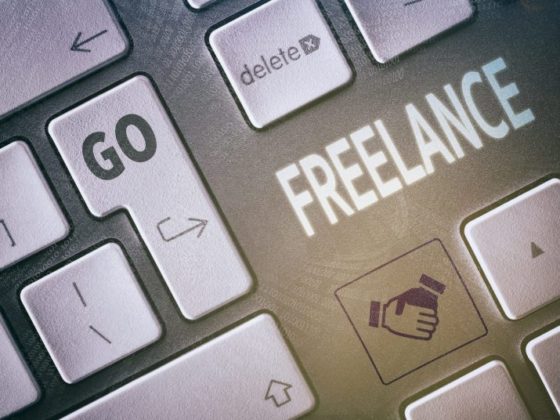Before August 29, if you wanted permission to fly a drone for commercial use, you had to get the FAA 333 Exemption, which required a traditional pilot’s license, airtime, a kidney, and your firstborn*. Now, with the Federal Aviation Administration’s (FAA) loosened regulations, it’s getting easier for video crews to make money by putting cameras in the air. But according to one longtime flyer (Kevin Sawicki of Sight and Sound Hawaii) there are a few things video crews should know before they go.
- It’s getting easier to fly for pay.
The new Part 107 of Exemption 333 means the required stack of paperwork will shrink, video crews will be able to provide in-house drone services, and flight schools will offer certification courses. - It’s getting harder to stand out.
The big upside comes with a big downside, too. With every step, the FAA takes to ease restrictions and with every equipment breakthrough that makes technology cheaper and better, the market gets more saturated. Kevin predicts drone services will be a standard feature for most production companies in the near future. If you want to stand out, you’ll have to fly very well and put your best gear in the sky. - It’s getting less risky to put camera equipment in the sky.
Speaking of all that great equipment, large devices can accommodate full-size cameras. But with all that weight and money flying around, you may want to get some experience before risking your best gear. DJI** has some fully functional prosumer aircrafts for around $1000 so you can be in the air capturing great footage within 30 minutes. - But it’s also getting riskier to put a UAV in the air.
Crowded airspace means it’s easier to collide with something or someone. And a lot of someones have their eyes on the skies. We are taking the first, wobbly steps into very new territory and if a UAV pilot hurts somebody or takes a plane down, it will be bad not just for those directly involved, but for the entire industry. It’s a big responsibility. They don’t consider UAV operators aviators for nothing.
Questions about drones? Interested in gaining access to our international database of clients who are booking drone shoots daily? Sign up for CrewCloud here, call us at 303-526-4900, or shoot us an email by clicking here anytime—day or night.
*According to an online drone trainer, “Many were challenged by the Section 333 Exemption process. From having to wait upwards of 5-7 months for their exemption to be granted to also needing to hold a traditional manned aircraft pilot license (sport, recreational, private, transport, or commercial), thousands of commercial drone pilots struggled to push their businesses forward.”
**Kevin is not paid or endorsed by DJI. He just trusts their technology.
